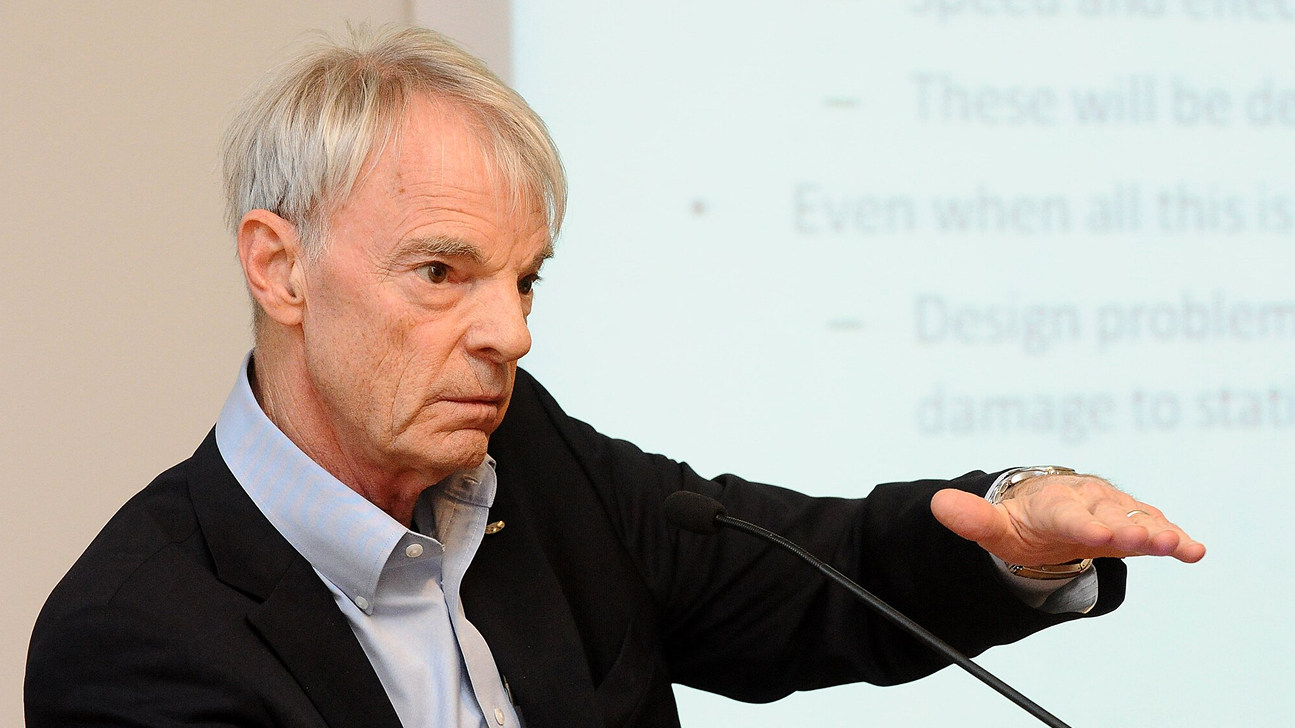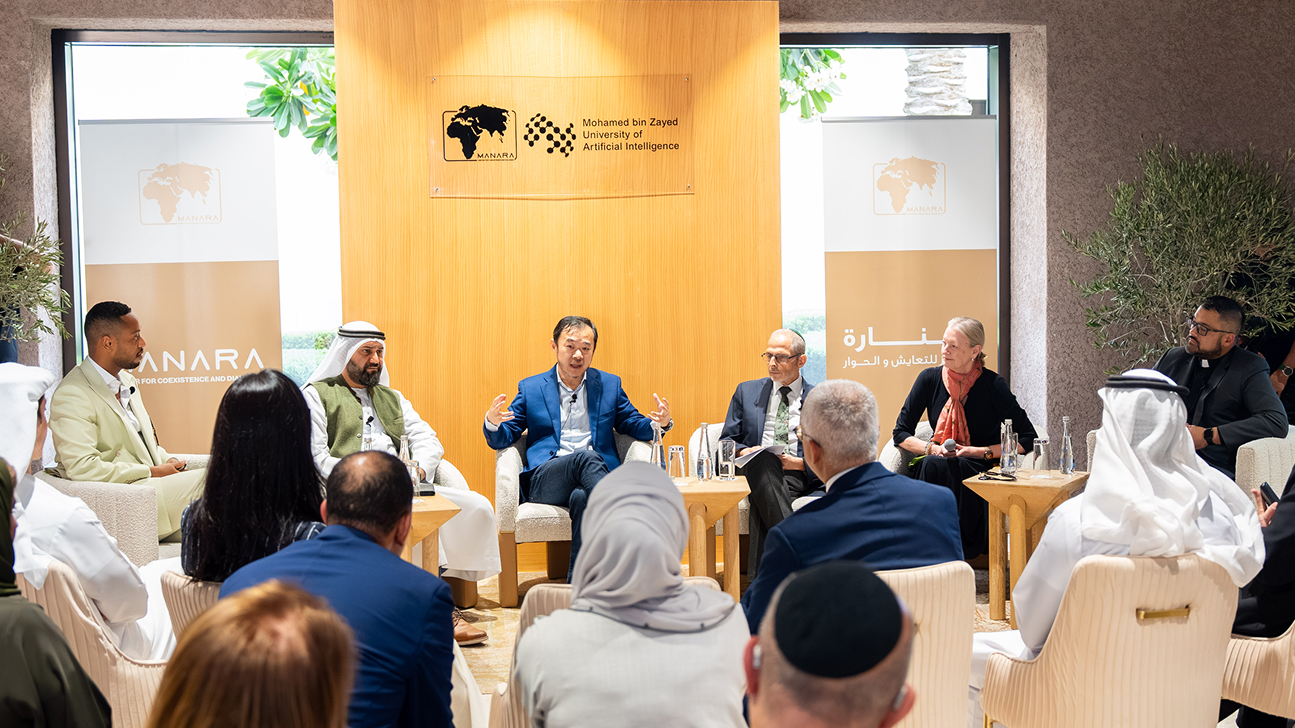Problems in network archaeology: root finding and broadcasting
Thursday, March 02, 2023
Large networks are often naturally modeled by random processes in which nodes of the network are added sequentially, according to some stochastic rule. Uniform and preferential attachment trees are among the simplest examples of such dynamically growing networks. The statistical problems we address in this talk regard discovering the past of the network when a present-day snapshot is observed. We present results that show that, even in gigantic networks, a lot of information is preserved from the very early days. In particular, we discuss the problem of finding the root and the broadcasting problem.
Post Talk Link: Click Here
Passcode: 2e3.r?^4
Speaker/s
Gábor Lugosi received his Ph.D. from the Hungarian Academy of Sciences in 1991. Since 1996, he has been at the Department of Economics, Pompeu Fabra University, Barcelona where in 2006 he became an ICREA research professor. His research interests include the theory of machine learning, nonparametric statistics, inequalities in probability, random structures, and information theory. He is an author of four research monographs and over 120 research papers. He was invited speaker at the International Congress of Mathematicians in 2022. In 2021 he was named “Breiman lecturer” at NeurIPS. Also in 2021, he was named “Blackwell lecturer”, a distinction awarded by the Institute of Mathematical Statistics. He is a funding co-editor of the journal Mathematical Statistics and Learning (since 2017). He has been Associate editor of the journals Annals of Applied Probability; Probability Theory and Related Fields; Journal of Machine Learning Research; Machine Learning Journal; IEEE Transactions on Information Theory; Scandinavian Journal of Statistics; Test; and ESAIM:Probability and Statistics.
Related
Nobel Laureate Michael Spence on how AI is redefining the global economy
Nobel Prize-winning economist Michael Spence explains how AI is reshaping the economic landscape and what is needed.....
- digital policy ,
- governance ,
- Nobel Prize ,
- guest talk ,
- guest lecture ,
- economics ,
- Economy ,
- Undergraduate ,
Understanding faith in the age of AI
MBZUAI hosted a panel discussion in collaboration with the Manara Center for Coexistence and Dialogue focused on.....
- connection ,
- discussion ,
- religion ,
- spirituality ,
- faith ,
- conversation ,
- panel ,
- Human–computer interaction ,

